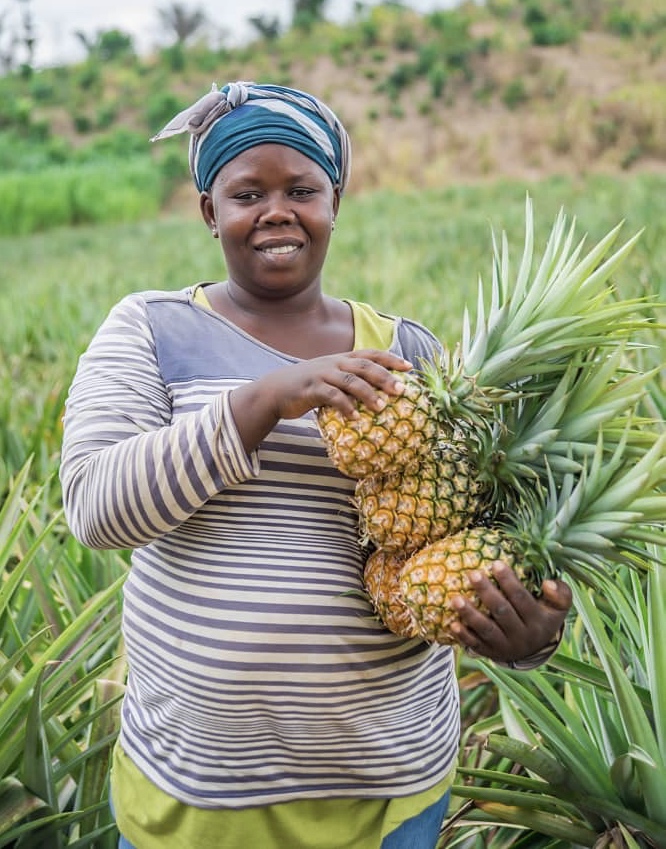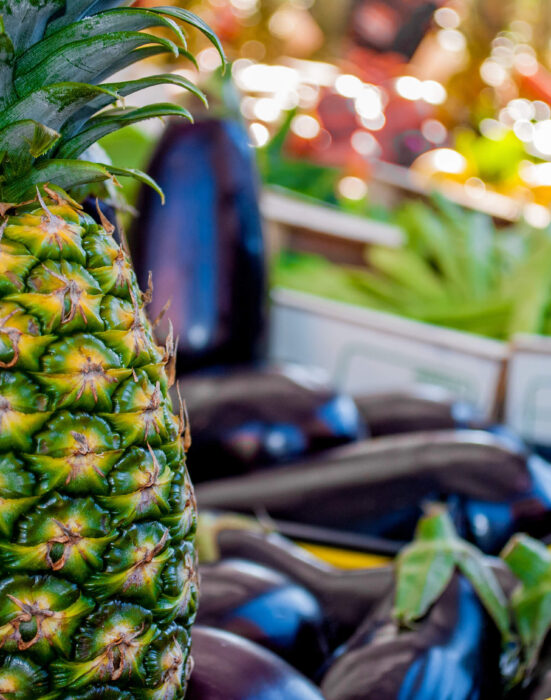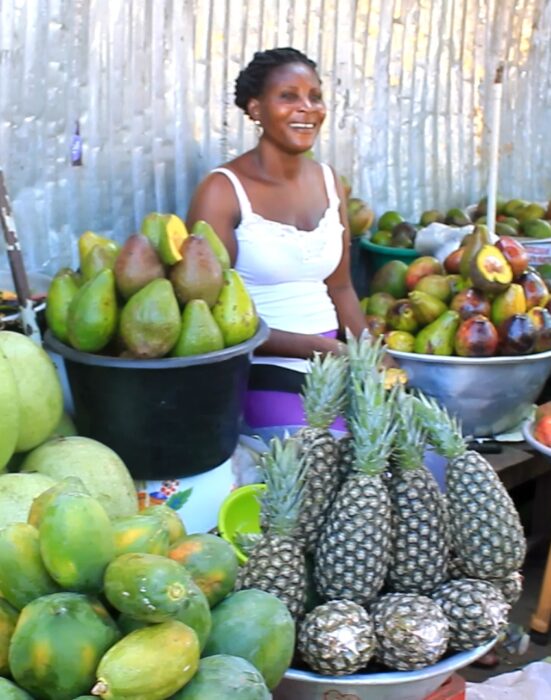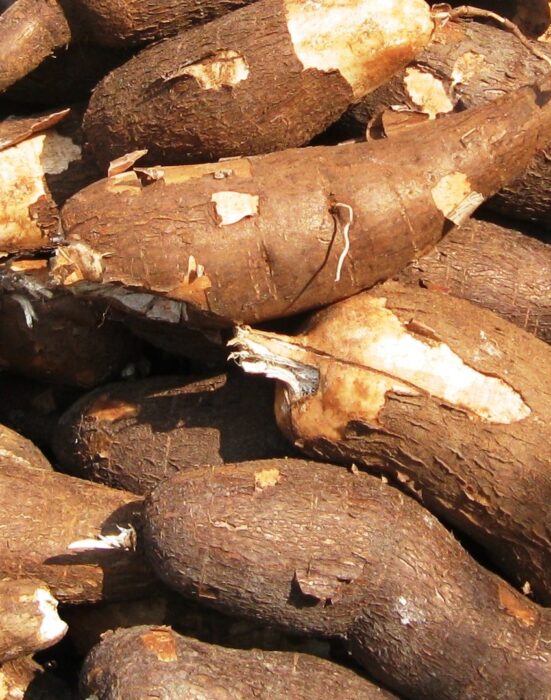Support to Trade Facilitation in West Africa (2017 – 2021)
With sponsorship under the 11 th EDF, the overall objective of this programme is to contribute to the strengthening of the ECOWAS common market and the integration of the West African region into the international economic and trading systems. The specific objectives are: (1) To develop and implement trade facilitation measures consistent with the WTO Trade Facilitation Agreement commitments at the regional and national levels; (2) To increase efficiency of trade corridors between West African countries.

Expected Results are:
- Trade facilitation measures are improved and more efficiently implemented
- Movement of goods are more efficient along selected corridors
- Trade facilitation stakeholders from private sector and civil society are organised and involved in trade facilitation reforms and

Trade related Assistance and Quality Enabling Programme (TRAQUE) 2011-2017


A number of organisations, which have a key role to play in creating favourable conditions for entrepreneurs in order to ensure the successful implementation of Ghana’s EPA have received support from the TRAQUE programme. These include the Ghana Standards Authority (GSA), the Ghana Export Promotion Authority (GEPA), the National Board of Small Scale Industries (NBSSI), the Food and Drugs Authority (FDA) and the European Business Organisation in Ghana (EBO-Ghana).
The main results that the TRAQUE programme was expected to achieve were:
- Strengthened capacity of MoTI in trade policy analysis and formulation and for the implementation of trade policies and trade agreements (including the EPA); and
- Effective institutions for the implementation of the national quality policy and the creation of a performing quality infrastructure covering areas such as metrology, accreditation, standardization, conformity, certification and regulation.
Lessons-learned from TRAQUE highlight the importance of strong coordination amongst the relevant institutions for National Quality Infrastructure (NQI); more private sector involvement for the formulation of NQI; and, a consent amongst the various actors of NQI involved in regards to the development of bilateral relations between the various units in the countries visited. The Final Report of TRAQUE underlined a number of key considerations to be taken into consideration for future action. Those considerations include a more appropriate design of Terms of Reference for Technical Assistance projects; better expertise and skills of staff to manage the programme; strong commitment by MoTI and institutional reforms not least for more sustainable training results; a clear strategic country plan with sufficient resources in order to improve trade environment; a more supportive presence by the NAO when many authorisations are necessary and tenders are involved; a clear regulatory framework needs to be in place before specific interventions are implemented.

Programme Support
Ghana Employment and Social protection Programme (GESP) 2016-2020
This EU-funded programme aims at contributing to inclusive growth in Ghana by strengthening social protection and employment systems in the country. The specific objective is to enhance social protection services notably for vulnerable population groups and to generate decent employment opportunities, with a particular attention to the youth. The key components of the programme are:
- Key Result 1: Enhanced effectiveness and efficiency of the social protection system.
- Key Result 2: Improved Employment Policy Management at central and local level.
- Key Result 3: Strengthened technical and vocational education and training opportunities for the informal sector and in agricultural value chains.
- Key result 4: Improved access to effective Business Development Services and finance in an enabling business environment.
The activities under Key Result 4 contribute to the implementation of the Economic Partnership Agreement and are part of the EU’s support to the Ghana EPA Accompanying Measures Strategy and EPA Programme for Development in West Africa.
Business Advocacy Challenge Fund (BUSAC) (2016-2020)
Savannah Ecological Zones
EU programmes to support Agriculture in the Savannah Ecological Zones
The European Union intervention amounts 147 M€ and is composed of 3 programmes which are complementary and will be implemented in a coordinated way.
Traders from many countries frequently highlight bureaucratic delays and other hindrances when moving goods across borders. In response, in 2013, World Trade organization (WTO) members crafted the Trade Facilitation Agreement (TFA), which entered into force on February 22, 2017. The TFA contains articles and provisions for expediting the movement, release and clearance of goods, including goods in transit. It also sets out measures for effective cooperation between customs and other and other relevant authorities on trade facilitation and customs compliance. Currently, USAID’s “Trade Africa: Trade Facilitation Project (TATFP)” is helping Ghana meet the requirements under the WTO-TFA.
The International Finance Corporation (IFC) and United Nations Industrial Development Organization (UNIDO) are the implementing agencies of this regional programme with funding from the 10th EDF. Its objective is to improve regional private sector competitiveness through the facilitation of trade and investment, and the establishment of a regional quality infrastructure system in the West African region. Several are the accomplishments of the programme to date and include actions for an Improved Business and Investment Climate in West Africa; and, Support for the Implementation of the ECOWAS Quality Policy
With funding under the 10 th EDF, GIZ and IFC are the implementing agencies; the objective of this programme is to contribute to the establishment of an effective common market and the gradual integration of the West Africa region into the global economy, leading to increased economic growth and poverty reduction. Main accomplishments to date include the actions of the Promotion of Trade Integration in West Africa (WATIP) and the Trade Facilitation.
In response to the relatively poor ranking of Ghana with respect to the World Bank’s Doing Business indices11 , MoTI is currently coordinating a 3-year Business Regulatory Reform initiative, with the support of DFID. The aim is to enable businesses – large, medium and small – to create more jobs in Ghana, and encourage entrepreneurs who are successful in the domestic market to take advantage of opportunities in regional and global markets. The Business Regulatory Reform Initiative has seven component programmes which together are envisaged to make Ghana the most transparently regulated business environment in Africa.
Under USAID sponsorship, the overarching goal for the Project (IFSS) is to work closely and in partnership with the Government of Ghana and other key stakeholders to improve access to markets for Ghana’s farmers. The lead project technical partner International Executive Service Corps (IESC) states that, it intends to achieve this goal by working with its partners to strengthen the sanitary and phyto-sanitary compliance system for Ghanaian fruits and vegetables.







